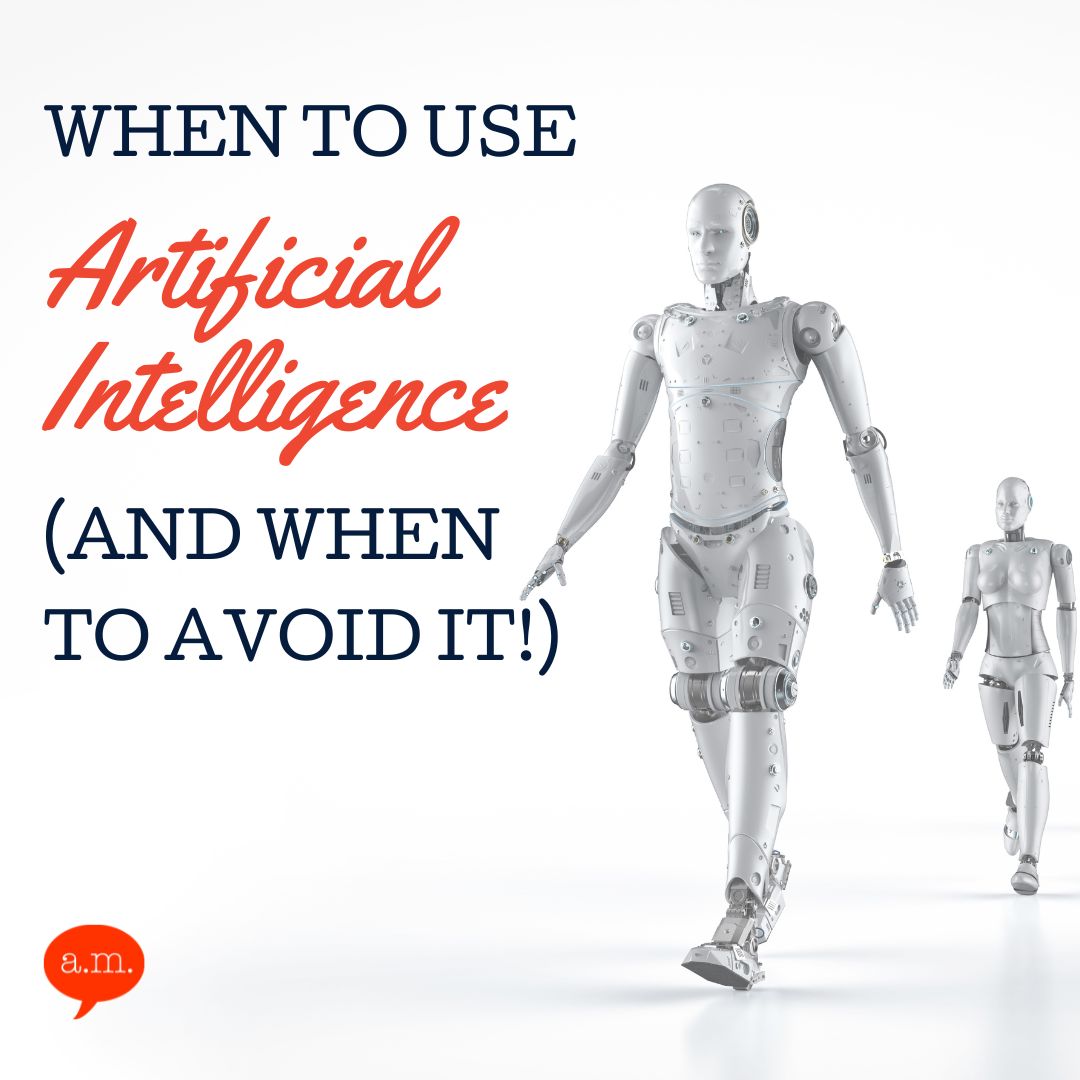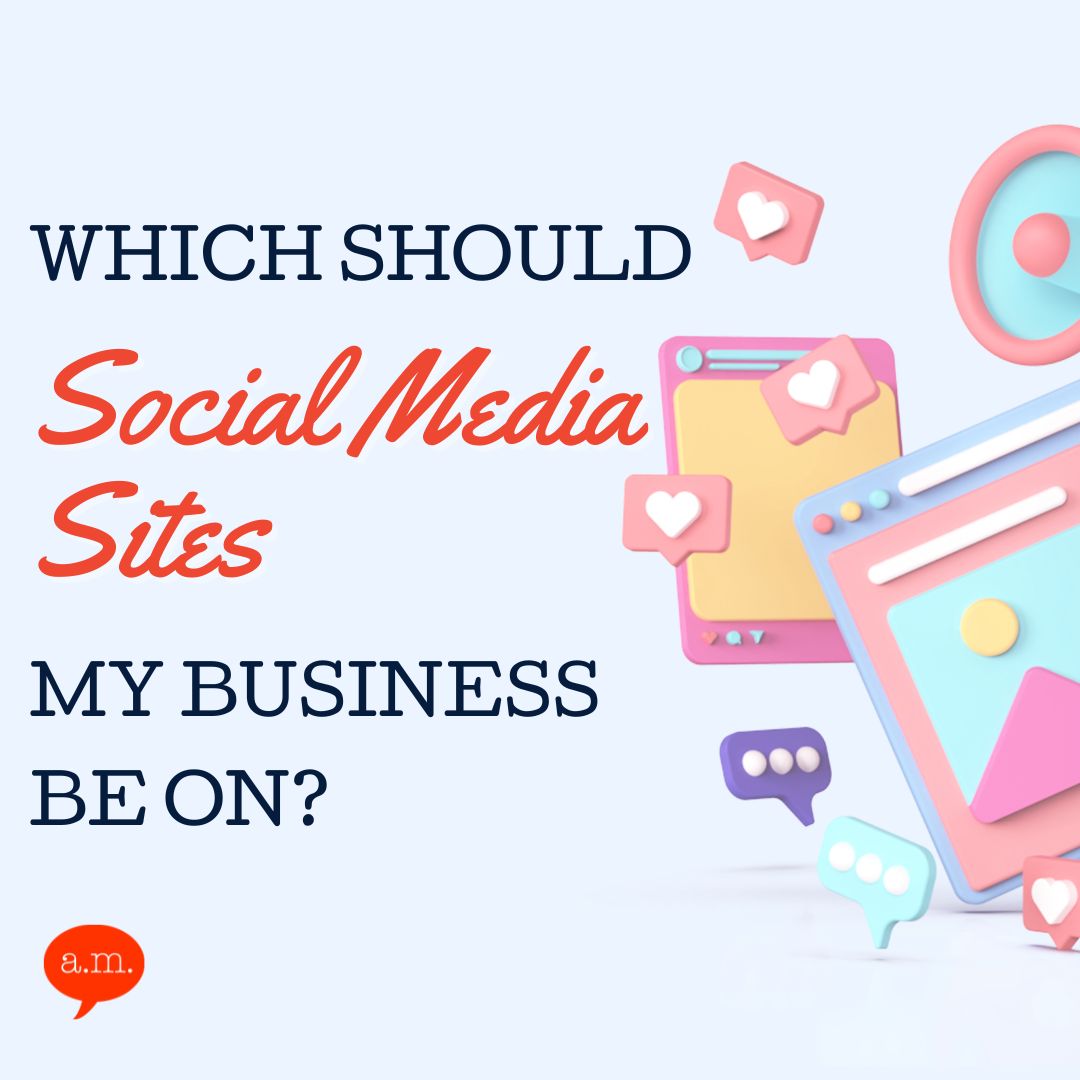If you follow the news you might feel that bad things are happening everywhere, even on your own front doorstep. According to the mass media, riots are happening in your street, politicians are withholding secrets that could be the death of us all, and anyone not looking, praying, sounding or acting just like you should not be trusted. is it true? I don’t think so. There are no riots on my street and I truly believe that most people, even politicians are inherently good. In fact, I think my world is a better place because of this belief. To me, the focus on extremes and negativity is scary and draining. It’s also self-preserving; the more of us that buy into it, the more of us there are sharing it. But, is it helping?
What happens if we choose positivity?
“Civilization is a stream with banks,” wrote Will Durant in LIFE magazine. “The stream is sometimes filled with blood from people killing, stealing, shouting and doing the things historians usually record, while on the banks, unnoticed, people build homes, make love, raise children, sing songs, write poetry and even whittle statues. The story of civilization is the story of what happened on the banks of the river.”¹
The truth is less torrid than we think. The truth is that most people are waking up every day, going about their business and going to bed every night, only to repeat the process tomorrow.
So, why does the media focus on all of the bad stuff and rarely report good news?
Quite simply, because it sells.
The news media needs a constant audience in order to make money, so they persuade the public that the world is not safe and we need to watch the news to ensure we stay one step ahead of total apocalypse. Pathos is an element of persuasion (as defined by Aristotle) that plays on human emotions. An example of pathos at play would be the ASPCA commercials where they show abandoned, neglected and abused dogs that play on the viewer’s emotions by making them sad and guilty. Their hope is that you feel so guilty that you adopt a dog.
The media uses pathos to persuade the audience that they are in danger. The news stories are performed in such a way that you feel compelled to stay tuned in case you need to make a move. The play on negative emotion makes the story seem bigger than it is, and the drama hooks you by making you fascinated, scared and nervous. The same way a horror movie hooks you. Or the Kardashians hook you (let’s all just admit it, ok?)
The thing is, pathos is just as effective when playing to positive emotions. This is the same feeling you get when you watch a cat video, or the “homecoming soldier meeting his dog” video. It’s the same way you lose 30 minutes every day when you start watching a video on your social network home feed only to watch the next and the next. So, why doesn’t the mainstream media reach for this emotion?
Could the news be positive?
One distinction of what makes a story newsworthy is its unexpectedness. A story that we don’t see coming such as a plane crash or a riot is more likely to be reported than a boy surviving a heart transplant.
Mainstream media is a business and they need viewers to make money. Viewers are more likely to watch if they feel compelled by an immediate danger. According to Maslow’s hierarchy of needs, people are driven by basic needs first and foremost and after that, our needs get more and more fluffy. We need water, food, safety, and sex to keep our species going. We want love, acceptance, friendship to keep ourselves happy. If the news can persuade us that our own safety is under threat, we are more likely to come back for more.
The news cannot always be positive. That could mean ignoring the facts, or it could mean taking a really weird spin on a horrible situation. But it doesn’t have to be sensationalized. News should be neutral, told to me as it happened, with facts and data and without added opinion or facial expressions that tell me how to feel.
Is being neutral a naive concept?
I don’t think so. The stories that are blown out of proportion are often aided by people sharing the story. People like you and me. Something bad happens, you tell me, I tell five people, they tell five people and all of a sudden the story is huge and not the same as when it started. So now, I have opinions that aren’t based in truth and maybe laced with my own resentments and prejudice. My prejudice feeds your prejudice and then we have a crowd of like-minded people. That’s like a ticking time bomb. This is the exact environment in which hatred can fester and grow.
Is the universe fundamentally bad?
My five-year-old son has friends of all races. You ask him what Sean looks like and he will tell you about the color of Sean’s hair, the clothes he wears, the backpack he carries, and the shows or toys or animals he likes to talk about. Sean’s race is non-existent. So, when did we learn to describe people using race? Who told us there was a difference in race and why? At what point will Sean become white or black, or Caucasian or African-American. A five-year-old will define Sean based on the context of the situation – “He is the kid that wore the Batman costume.” “She’s the one that loves dancing.”
I would rather be “the woman with blonde hair that said she was a writer” than “The white lady.”
An honest, simple, yet well-rounded view of current affairs is beneficial to all of us. I’d like to hear about the situation in Syria, I’d like to know there’s a new Prime Minister in England and I’d like to know that a man was shot without reason in Milwaukee. Giving me the basic information lets me put news into the context of my life. Am I in immediate danger? Should I take action on any of these things? Is the world a good or bad place for my children? Instead of living cocooned in drama, maybe I could identify a leader that could help improve the world I inhabit, instead of the most dramatic, most Kardashian-like person standing at the podium.






0 Comments